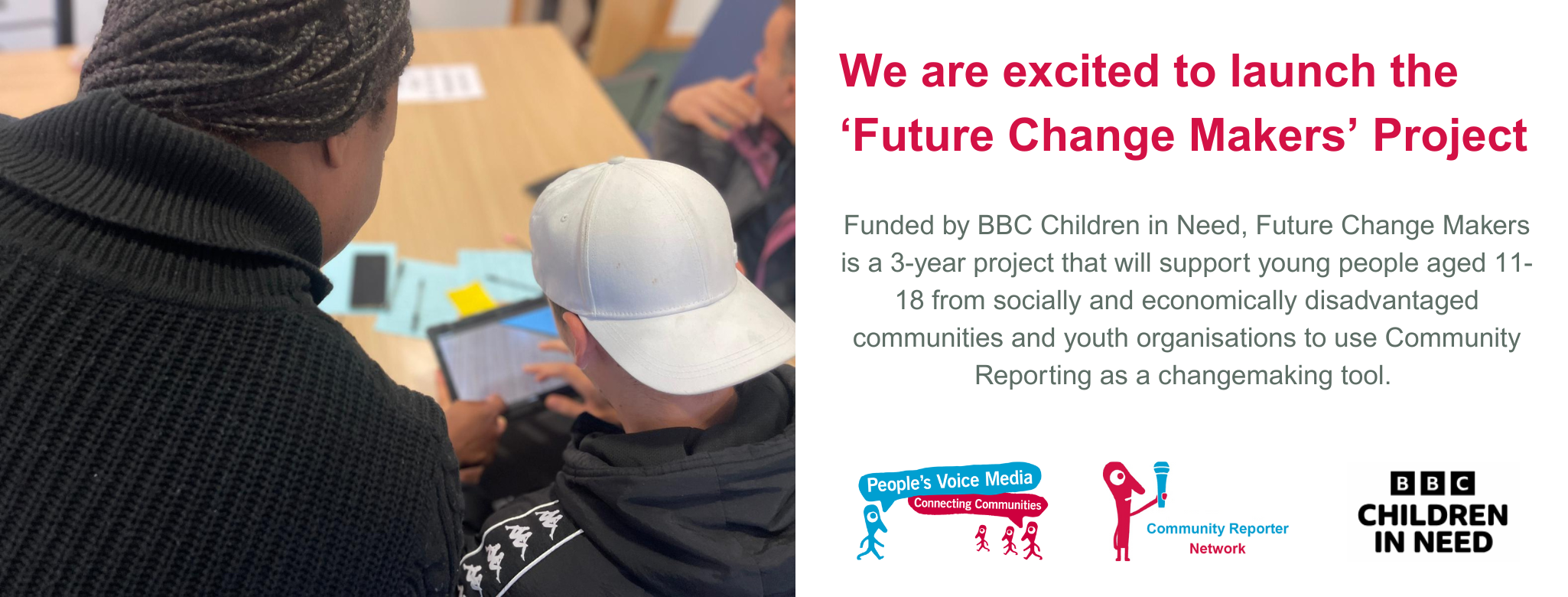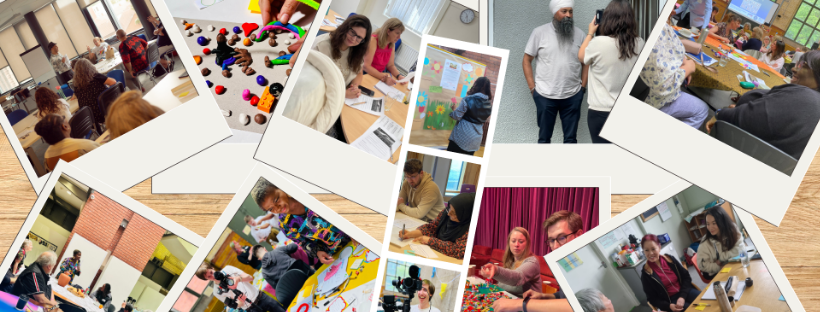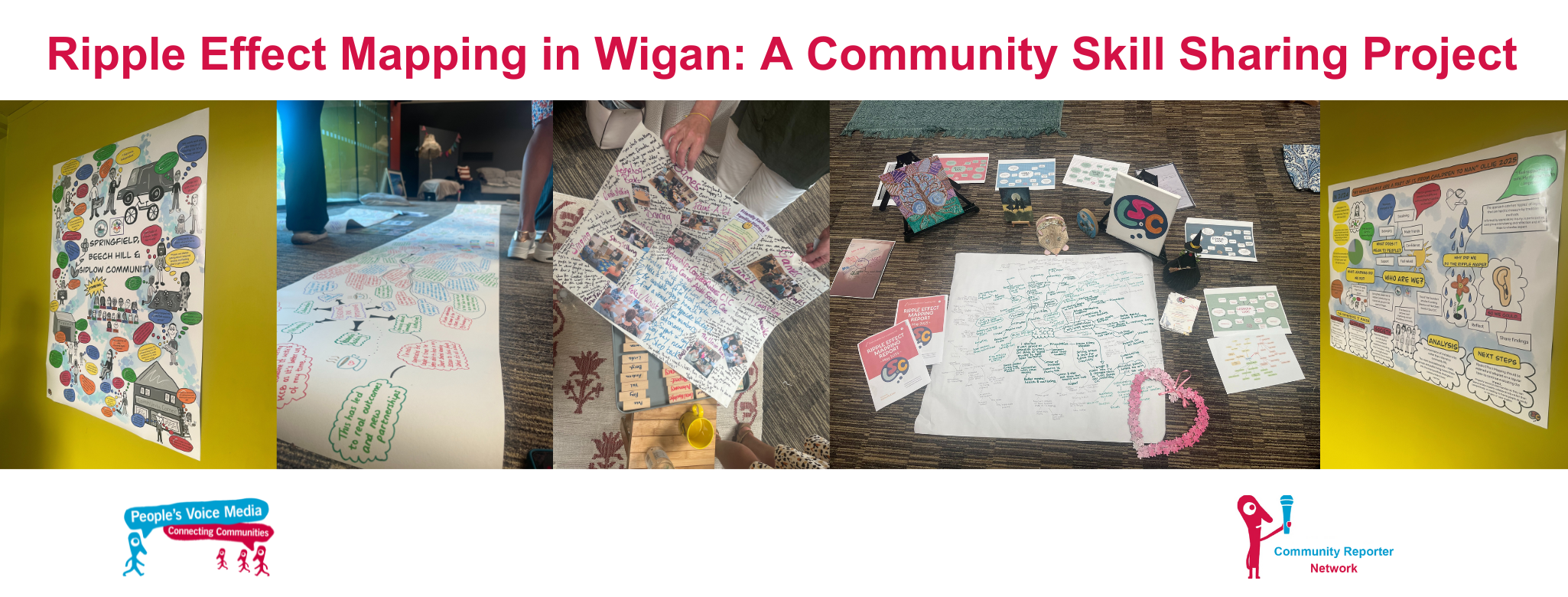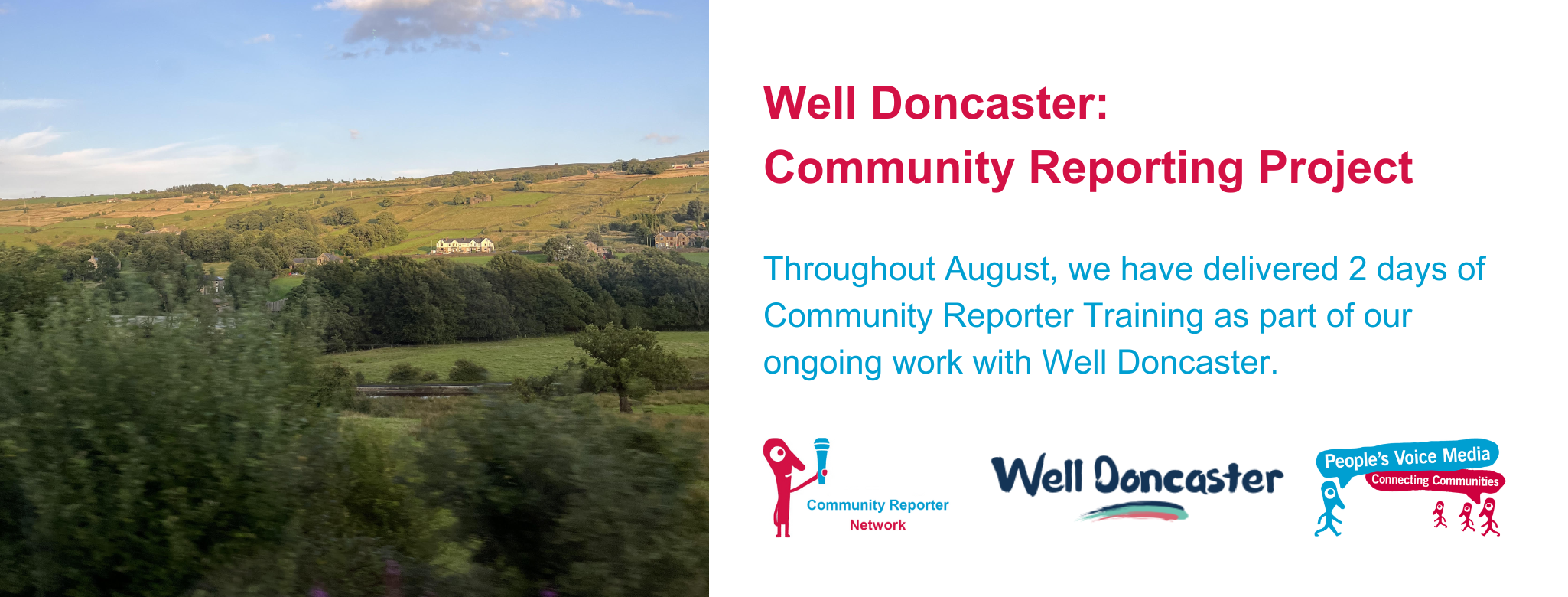LGBT+ HISTORY MONTH: QUEER IDENTITIES AND STORYTELLING
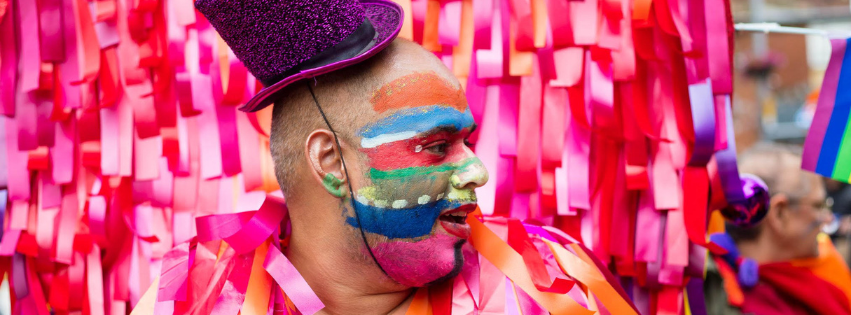
To celebrate LGTB+ History Month, our Head of Partnerships and Practice Isaac reflects on their experiences of storytelling and Community Reporting as a queer person.
Through storytelling, we work to stand up for social justice, build communities where everyone feels included, and give a voice to people who are often not heard or listened to.
For some considerable time, we’ve been working with stories: listening, learning, and sharing the experiences of real people. As a storyteller, my experiences don’t just come from the work I do. They come from who I am, especially as a queer person living in the world. LGBT+ History Month reminds us that our identities and experiences are part of our stories. They shape the questions we ask, the connections we make, and how we listen to others.
We’ve been learning and improving the way we capture people’s experiences. We work with Community Reporters, trainers, local people, policymakers, and others. Together, we collect stories, listen to real experiences, and bring them into conversations that matter. Each story helps us see the impact of our work and understand the change we need to make.
Recently, I had the chance to hear someone’s story about their transition. They described it as “turning from a caterpillar into a butterfly.” Listening to them really helped me understand, in a human way, what our brothers and sisters go through during this journey. It’s a story of courage, growth, and transformation.
This month is about celebrating LGBT+ History – the ways our similarities and differences make communities stronger. Being queer affects how I see storytelling, yes, but it also helps me make space for other experiences, notice voices that might not be heard, and share stories that build empathy, understanding, and real change.
Storytelling is like a mirror and a bridge. It shows who we are and connects us to each other. It helps us see how our differences can start conversations, how our shared humanity can build trust, and how every voice matters. The stories we tell, the spaces we create, the conversations we have are all acts of love and acts of justice.
For LGBT+ History Month, let’s remember that storytelling is more than a skill – it comes from lived experience. It’s about listening, putting people at the center, and creating spaces where everyone feels seen and heard. It’s about understanding people’s needs and helping make positive change happen.
We’re proud of the work we do and excited to keep learning, growing, and sharing stories that matter. At the heart of everything, it’s love – the love of community, of justice, and of giving everyone a voice.
